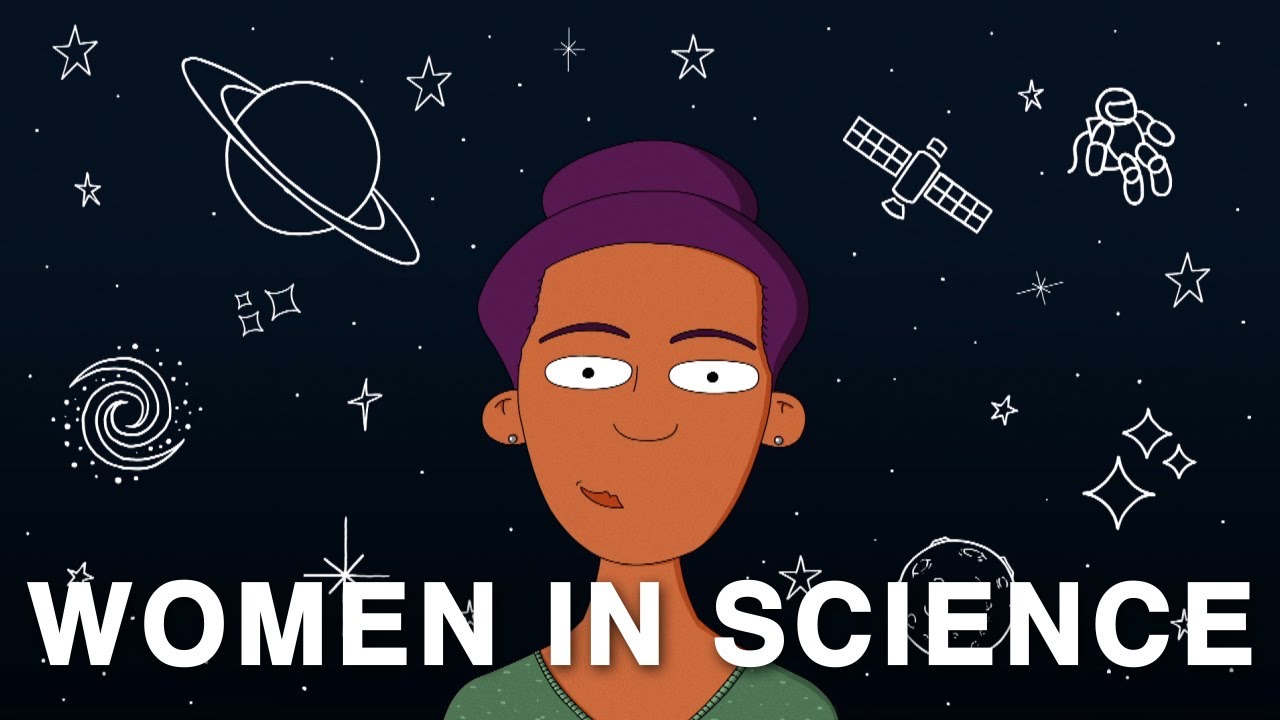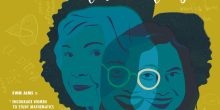The common narrative at the beginning of the pandemic last year, prompted by the global scale of the crisis, was that we were all on the same boat. The Corona virus was infecting rich and poor, with no distinction of background and nationality. Of course, we quickly realized that was not the case. Disadvantaged communities are disproportionately affected by the pandemic, and smart working is reserved to highly specialized jobs performed by the well-educated part of the population.
Even among academics in science subjects, the impact of the pandemic varies widely depending on seniority and distribution of home duties. Young academics in general are now faced with extra difficulties due to lack of opportunities for networking and visibility, slowed-down review process, online teaching, looming ends of temporary contracts. Women scientists, who already in normal times have to deal with negative stereotypes and encounter major challenges to reach positions of power, are severely affected by the Corona crisis and report low energy and productivity due to home and caring responsibilities that are still not equally distributed. The Univeristy of Amsterdam Crisis Monitor has consistently highlighted that stress levels are particularly high among young parents and international staff.
The situation is even more challenging for women of color and other underrepresented backgrounds. The New York Times published an article on the 13th of April describing the struggle of Dr Alisa Stephens, a biostatistician of color at the University of Pennsylvania, that had to juggle research and two small kids at home with no daycare during lockdown. Quoting from the article: “Several studies have found that women have published fewer papers, led fewer clinical trials and received less recognition for their expertise during the pandemic. Add to that the emotional upheaval and stress of the pandemic, the protests over structural racism, worry about children’s mental health and education and the lack of time to think or work, and an already unsustainable situation becomes unbearable”. Michelle Cardel, an obesity researcher at the University of Florida declared “My big fear is that we are going to have a secondary epidemic of loss, particularly of early career women in STEM”.
On the last 12th of May, the International Day for Women in Mathematics, the short documentary Words of Women in Mathematics in the times of Corona was released. It features the reflections of 86 women mathematicians from 37 countries, who share in 25 different languages their experience during the pandemic. It is a moving collection of humanity that gathers together very different points of view. Senior women with a tenured position miss social interactions, but are also benefiting from the slower pace of things that the lockdown has imposed. Younger women are very worried about the long-term impact of the pandemic on the academic job market and consequently their careers. Mothers with children in school years have very little time left for research after long hours dedicated to home-schooling. In developing countries, the pandemic and the economic crisis are even causing food shortages and social insecurity.
A silver lining highlighted by many mathematicians working outside of Europe and the US is the greater accessibility of online conferences. These allow the participation of a truly global audience without having to go through lengthy visa applications and pricey (and polluting) flights. Every department around the world has now to reflect on what we have learned in these critical times and on what are the best ways to support mathematicians to recover from the Corona crisis and be back on track.






